Search the Newsroom
Filter By
Showing 1841 - 1850 of 2910 results

How to Protect Children and Teens From Exposure to Violence
Childhood exposure to violence can have a lasting impact. Here, CHOP experts share suggestions for protecting kids from violence and its effects.
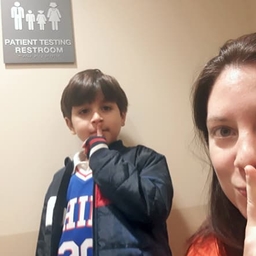
A Unique Approach to Helping Kids Cope with Bladder Problems
Learn how CHOP Urology’s dedicated pediatric psychologist can help kids cope with emotional issues caused by bladder problems.
Three Leading Children’s Hospitals Will Expand Genomic Research Network with New NIH Grant
A research collaboration that shares genetic data among pediatric hospitals has received a multi-year federal grant to scale up its network, aimed at advancing precision medicine for children.

Creation of a Birth Defects Biorepository
Data collected by CHOP's new Birth Defects Biorepository will be used to investigate factors that may cause birth defects and that may modify the long-term outcomes.
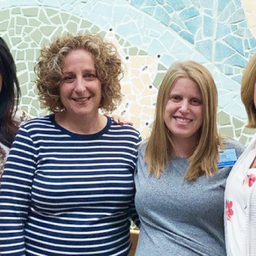
A Special Team to Guide Families Through Their Care Journey
The Fetal Heart Program provides comprehensive, compassionate care that addresses the medical as well as psychosocial effects of a family’s experience in the setting of a fetal congenital heart disease diagnosis.
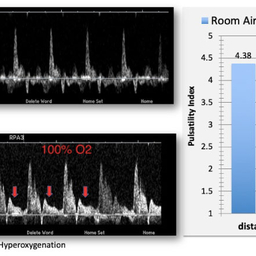
Maternal Hyperoxygenation Testing During Fetal Echocardiography
The Fetal Heart Program at CHOP is one of the first programs in the world to begin incorporating provocative testing with maternal hyperoxygenation in our fetal echocardiography imaging suite.
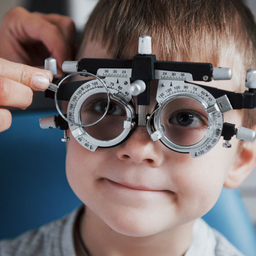
What Kind of Eye Doctor Should My Child See?
There are several types of eye doctors and specialists who may treat your child. Learn about the differences between ophthalmologists, orthoptists and optometrists.
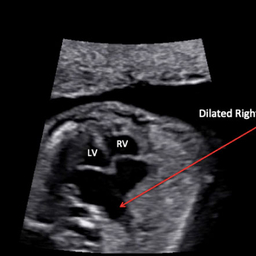
Multidisciplinary Care for Fetal Pulmonary Arterio-venous Fistula
This case highlights the complex, multidisciplinary care required for prenatal management, delivery and immediate cardiac intervention for pulmonary arterio-venous fistula (PAVF).
Children’s Hospital of Philadelphia Offers Help and Cure for Picky Eaters
Pediatric researchers recently described a brief group cognitive-behavioral therapy program that provides parents with specific techniques to improve their child’s mealtime behaviors.
Rite Aid Foundation’s KidCents Grant Program Awards CHOP $300,000
This grant will fund CHOP’s Community Asthma Prevention Program Plus (CAPP+) home repairs program to improve health outcomes for vulnerable patients.